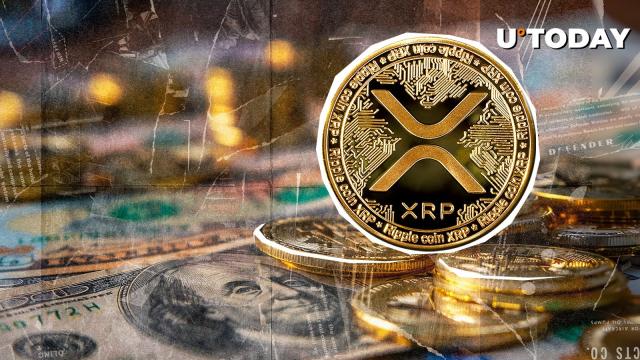IBIT, BlackRock's Bitcoin ETF is now the company's best product in this asset category in terms of fee revenue. It generates annual fees of $186 million, leading the S&P 500-based ETF IVV by just $3 million.
IBIT and IVV are similar in another aspect. The BTC ETF is as volatile as the S&P 500. IBIT's volatility has sharply declined along with Bitcoin, raising concerns about the future potential of cryptocurrencies.
BlackRock Bitcoin ETF Breaks Trading Fee Record
Immediately after BlackRock launched IBIT, the Bitcoin ETF, this asset achieved tremendous success. In less than a year, industry experts praised it as the "greatest ETF launch in history", surpassing speed records maintained for decades.
Today, analyst Nate Geraci pointed out another victory. It has now become BlackRock's top ETF in terms of trading fee revenue:
iShares Bitcoin ETF now generates more fee revenue for BlackRock than its largest ETF, the iShares Core S&P 500 ETF…
— Nate Geraci (@NateGeraci) June 27, 2025
IBIT annual revenue = $186mil
IVV annual revenue = $183mil
IBIT w/ nearly $75bil AUM at 25bps.
IVV $609bil at 3bps.
Only took 18 months.
h/t @bespokeinvest
In other words, BlackRock is gaining more activity from its Bitcoin ETF than from traditional stock market-based ETFs. This is a slow but steady performance, and certainly impressive.
Despite some recent setbacks for Bitcoin, IBIT has established itself as a specific ETF leader. While the asset class showed mixed sentiment in May, IBIT recorded profits and led the way when new inflows poured in this month.
Although BlackRock recently showed interest in altcoin accumulation, BTC purchases demonstrate continued focus on IBIT.
Some concerns still remain. While IBIT performs better than BlackRock's S&P 500 ETF IVV in terms of fee revenue, it is converging in other aspects. ETF analyst Eric Balchunas noted today that IBIT has almost identical volatility to IVV.
A year ago, it was 5.7 times more volatile, which enabled its record growth rate.

Of course, the entire Bitcoin ETF sector has been losing volatility along with BTC itself over the past few months. In this context, BlackRock's IBIT is merely a trendsetter, not an exception. This phenomenon also includes some drawbacks.
Simply put, ETF issuers and other companies are significantly moving the cryptocurrency market through these inflows. Some experts worry that this capital is permanently disrupting long-established Bitcoin trends.
Since the ETF was approved, BTC's price has not fallen below its initial valuation.
Such performance is unprecedented, especially for a highly volatile asset. We've seen halving, recession concerns, and political pushback across the industry, but these have only caused minor disruptions.
Today, BlackRock's IBIT is breaking records in trading fees without breaking its remarkable growth record. Can it reproduce its early success in today's market?







